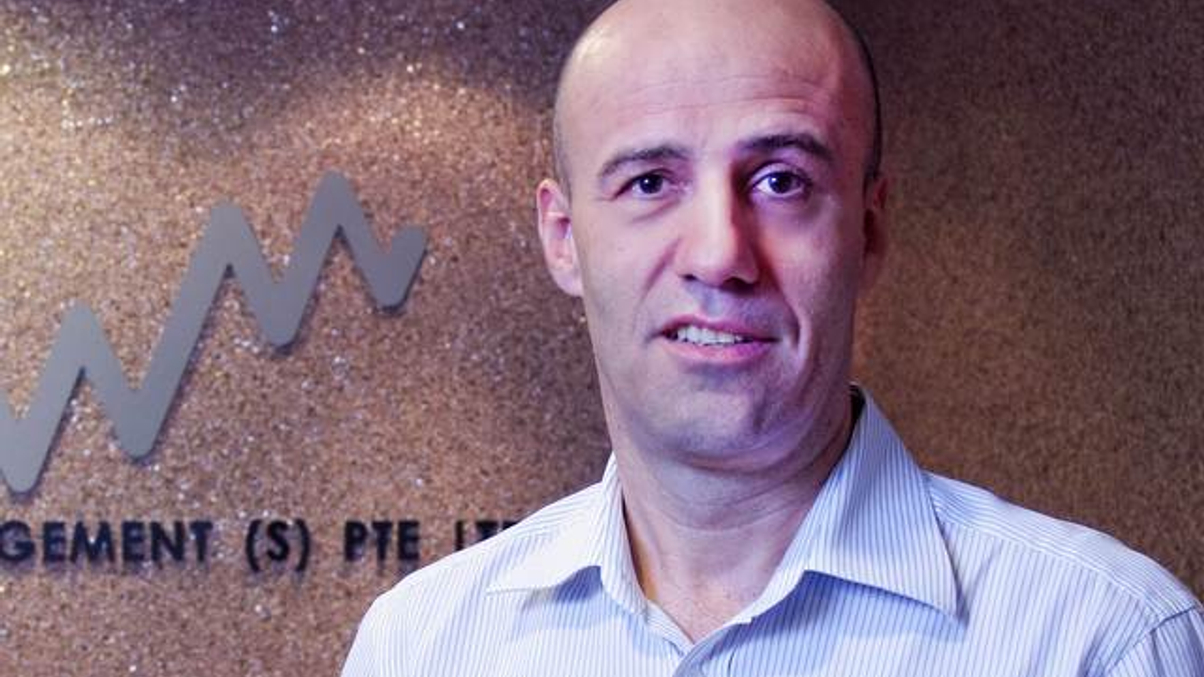Singapore EAM cutting active funds in favour of factor products
In the first of two articles on how HP Wealth Management is revamping its allocation strategy, managing partner Urs Brutsch explains why he plans to use factor-based funds.

Singapore's HP Wealth Management intends to cut the number of active funds on its platform and start investing in factor-based products, reflecting a continuing global shift towards more passive strategies.
Sign in to read on!
Registered users get 2 free articles in 30 days.
Subscribers have full unlimited access to AsianInvestor
Not signed up? New users get 2 free articles per month, plus a 7-day unlimited free trial.
¬ Haymarket Media Limited. All rights reserved.


